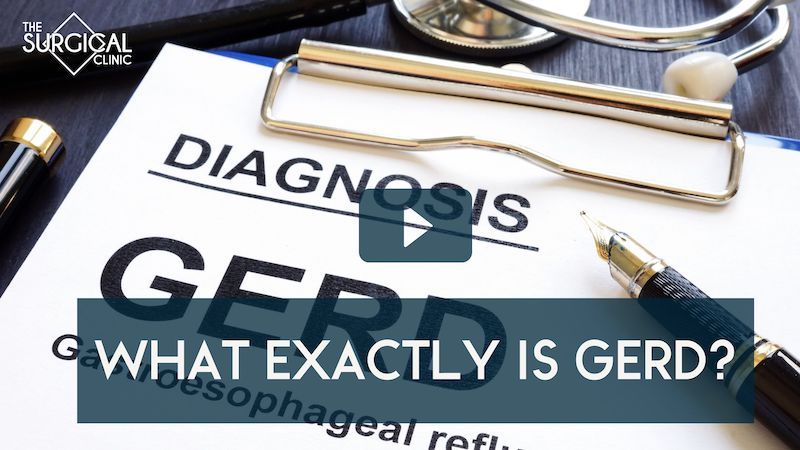GERD Treatment Center
Nashville & Middle Tennessee
FREEDOM FROM
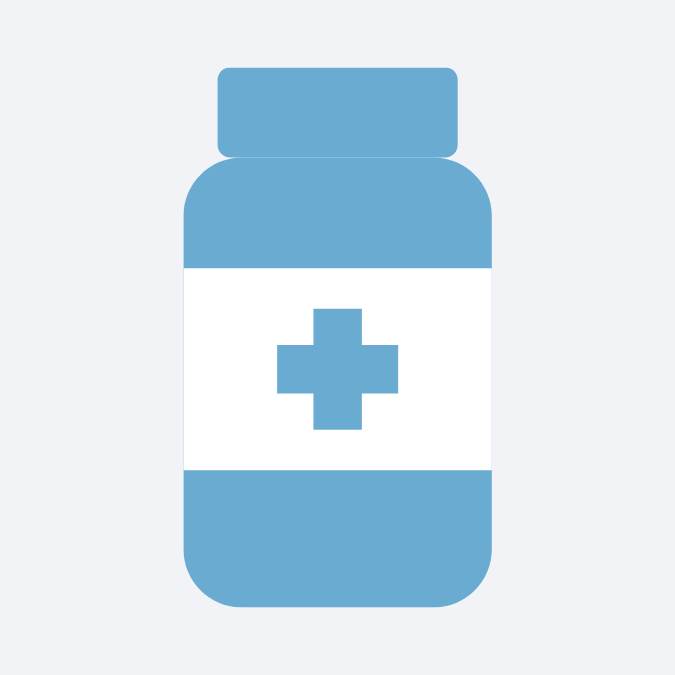
Medication
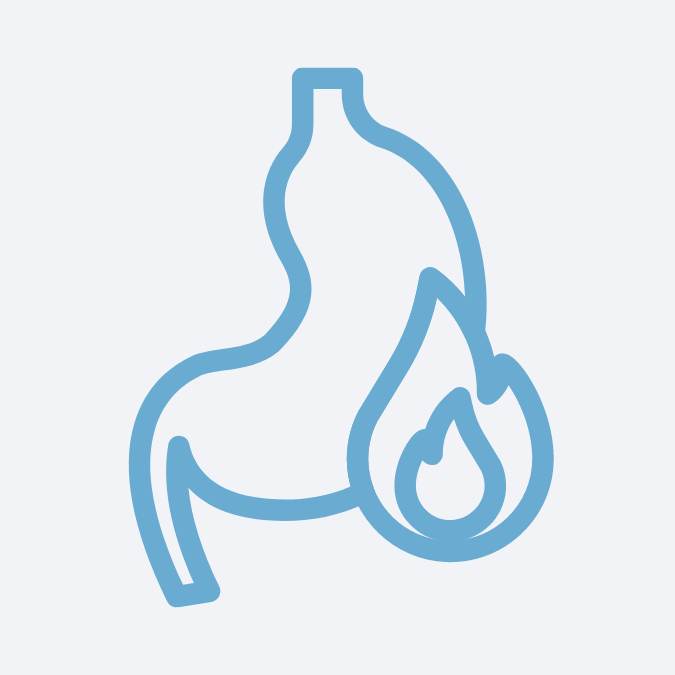
Heartburn

regurgitation
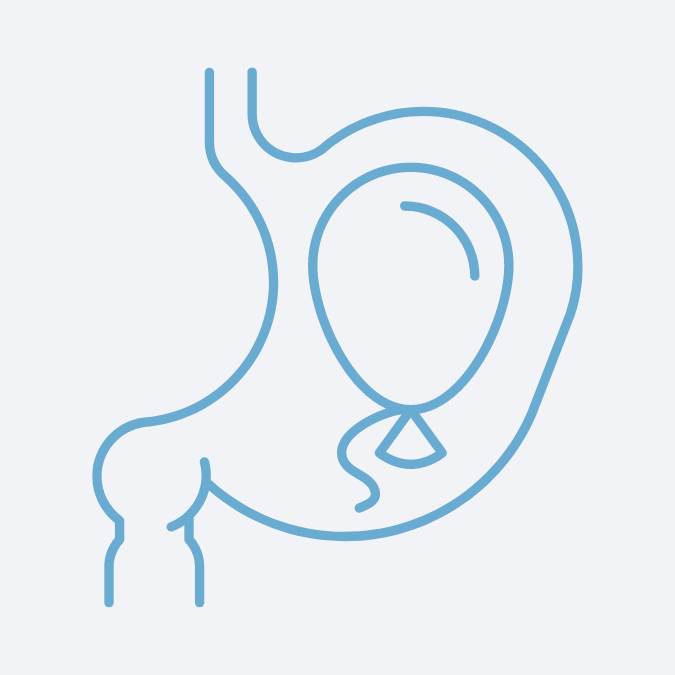
bloating
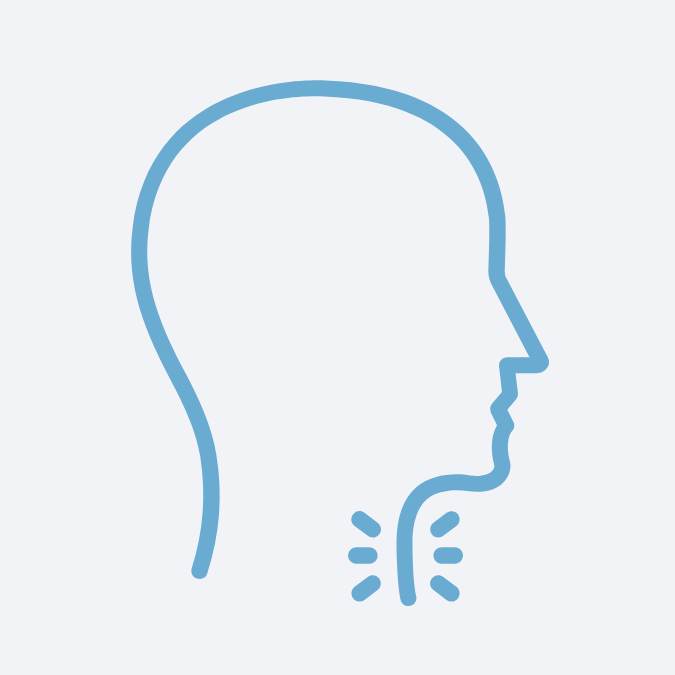
Dysphagia
GERD Surgeons in Nashville

Dr. John Boskind
General Surgeon
MT. JULIET

Dr. Mariana Chavez
General & Surgical Oncology
DOWNTOWN NASHVILLE

Dr. Patrick Davis
General Surgeon
SOUTHERN HILLS

Dr. Gretchen Edwards
General & Surgical Oncology
DOWNTOWN

Dr. Alex Fruin
General Surgeon
MT. JULIET
Dr. James Thomas Griscom III
Bariatrics & General
DOWNTOWN NASHVILLE

Dr. Mark Hinson
General Surgeon
COLUMBIA

Dr. George Lynch
General Surgeon
DOWNTOWN

Dr. Clinton Marlar
General Surgeon
SOUTHERN HILLS

Dr. Willie Melvin
General Surgeon
SMYRNA
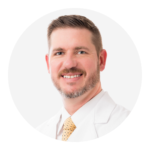
Dr. Chad Moss
General Surgeon
COLUMBIA

Dr. Davidson Oxley
General Surgeon
COLUMBIA

Dr. William Polk
General Surgeon
NASHVILLE

Dr. Drew Reynolds
General Surgeon
SAINT THOMAS WEST

Dr. Joshua Taylor
General Surgeon
SMYRNA

Dr. Tyson Thomas
General Surgeon
SAINT THOMAS WEST

Dr. John Valentine
General Surgeon
HENDERSONVILLE
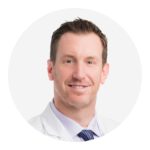
Dr. Patrick Wolf
General Surgeon
SAINT THOMAS WEST
Acid reflux treatment
SURGERY FOR ACID REFLUX DISEASE
GERD treatments in Nashville
The Surgical Clinic in Tennessee offers 3 types of GERD Treatments:
→ LINX Reflux Management System
→ Nissen (laparoscopic Nissen fundoplication)
→ TIF (transoral incisionless fundoplication)
It is possible to treat GERD and acid reflux disease with surgery. The most common surgery to treat heartburn is called fundoplication. There are different surgical techniques your surgeon can use to treat GERD and acid reflux. These are all recommended treatments and depend on your case and your GERD specialist’s opinion. We offer these GERD treatments at several different locations throughout the Greater Nashville and the Middle Tennessee area. Learn more about each GERD treatment by clicking the button(s) below.
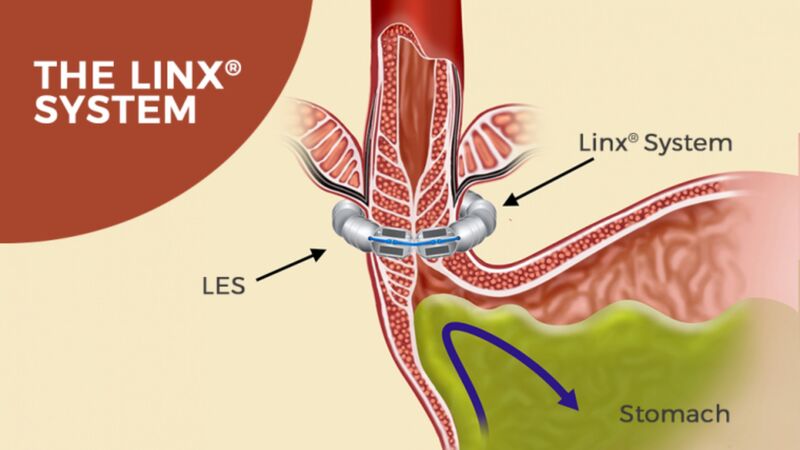
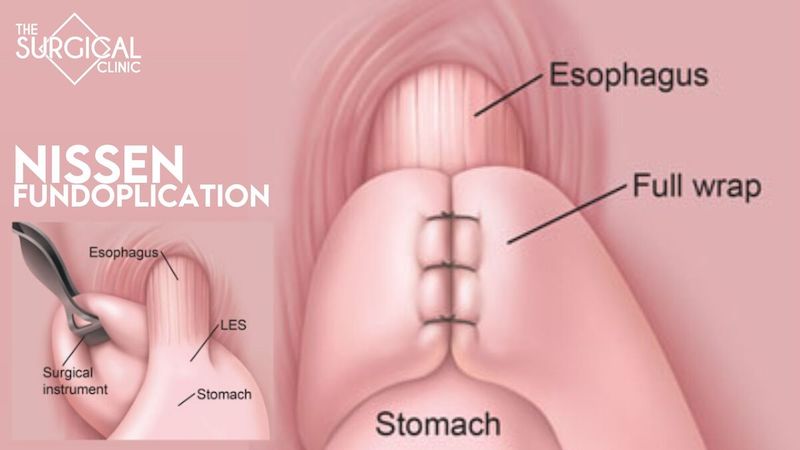
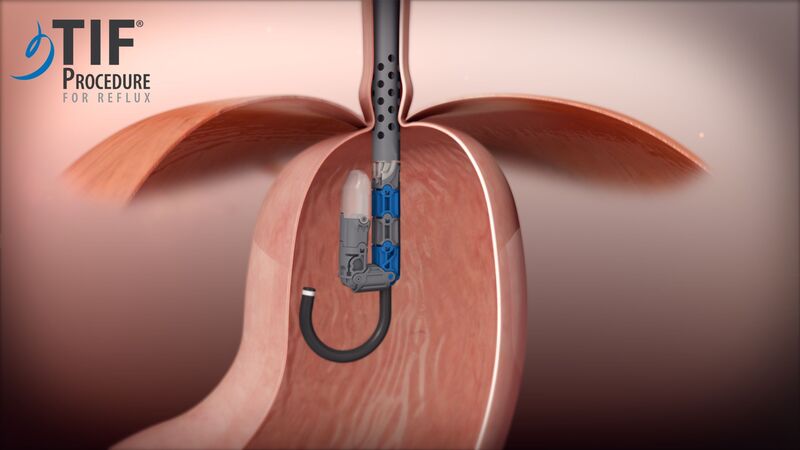
FAQ | Reflux disease
What is GERD?
Gastroesophageal reflux disease (GERD)
Similar to acid reflux disease, GERD is a chronic condition caused by changes in the gastroesophageal valve (GEV). In a healthy patient, this valve between the esophagus and the stomach that forms a physical barrier preventing stomach fluids from backwashing, or “refluxing,” up into the esophagus – this is often referred to as acid reflux – gastroesophageal reflux (GER).
Recurring GERD symptoms
In a patient with chronic GERD, this valve has become dysfunctional. GERD can lead to short-term bothersome symptoms, which can vary from mild or moderate to severe depending on the person. Visiting the GERD treatment center can help patients eliminate their symptoms.
Common GERD Symptoms
What are the most common GERD symptoms?
→ Heartburn
→ Sore throat
→ Change in voice
→ Difficulty swallowing
→ Asthma
→ Excessive salivation
→ Regurgitation
→ Gas and bloating
→ Cough and hoarseness
→ Pain or discomfort in the chest/shortness of breath
→ Intolerance of certain foods and liquids
→ Bad breath, dental erosion or a sour taste
Medications for GERD
Over-the-counter and prescription medications are effective for SHORT TERM RELIEF of heartburn symptoms, but for some PPI medications no longer effectively treat symptoms. If your symptoms aren’t being controlled or are getting worse, it may be time to consider advanced treatment.
Please contact us if you or someone you know suffers with chronic GERD or acid reflux. Schedule a consultation if you would like more information about how our expert GERD specialists can get you back to living without the pills and without heartburn. Or visit our offices to start your GERD treatment in Nashville, TN today!
What is acid reflux surgery?
Acid reflux surgery is most commonly performed laparoscopically. However, open surgery may be an option in some cases.
Laparoscopy. This surgery uses a few small cuts (incisions). A thin, lighted tube called a laparoscope is used. This scope lets the doctor see inside your body and work through the small incisions.
Benefits of laparoscopic acid reflux surgery in Nashville:
→ Reduced pain post-surgery
→ A short recovery time
→ Less time in the hospital
→ A better cosmetic result
Open surgery. This surgery uses one large incision. The doctor sees and works through this incision. This method may be used if your doctor feels it isn’t safe to continue with laparoscopic surgery. Open surgery for acid reflux is often done when laparoscopic is not possible, like in the case of prior abdominal surgery, obesity, and bleeding issues.
how to relieve GERD symptoms
Smaller meals are better.
Consuming less meals more frequently can help to relieve stomach strain. Your lower esophageal sphincter (LES) may relax as a result of increased stomach pressure, allowing stomach contents to flow up into your esophagus.
Eat slowly.
If you take smaller chunks and chew your meal completely, you’ll be less likely to overeat or irritate your esophagus or stomach.
After eating, don’t lie down too soon.
Reflux is less likely if you stay upright for two to three hours after eating. When you stand or sit upright, gravity helps keep your stomach’s contents from flowing upward. When you lie down, it’s easier for them to enter your esophagus.
Reduce/avoid snacking.
If you’re not really hungry, don’t snack. Eating more while your stomach is full might cause stomach pressure to rise.
Wear loose clothes.
Avoid wearing clothing that is too tight around your waist. When you eat, your clothing can place strain on your abdomen, which can put pressure on your stomach and LES.
Maintain a healthy weight.
Adding weight can put pressure on your internals.
What is heartburn?
Heartburn is a term commonly used to describe symptoms. Most of the burning sensation is the epigastric, or upper abdomen area next to the heart. A lot of patients come in and present to the emergency room with symptoms similar to a heart attack. It goes by the name of heartburn, indigestion, reflux, acid reflux… All of those describe the symptoms presented from the regurgitation of acid from the stomach to the esophagus.
How do you manage heartburn?
How do you manage heartburn?
Initially, symptoms may present once or twice after a certain event or after certain meals, sometimes we overindulge at Thanksgiving and all of that pressure forces more acid up. The reality is that all of us have reflux; it’s a normal physiological response. The difference is that normally once you get that reflux, there’s an inherent mechanism that flushes away (or neutralizes/clears away) that process. In the standing position, if you have reflux, acid would then go down because of gravity. The alkaline nature of your saliva as you swallow, it neutralizes some of that reflux. The normal valve mechanism that causes things to go in one direction sometimes doesn’t work well and that presents with a pathologic problem of acid reflux disease, heartburn, or GERD (gastroesophageal reflux disease).
Initially, once heartburn has been treated, sometimes you can get medicines over the counter. A lot of these are more powerful, anti-acid or acid blocking medicine, which is okay once in awhile.
How to reduce initial heartburn:
→ adjust your diet
→ don’t over eat
→ have smaller portions over a day period
→ modify your behavior
→ don’t eat too late and then lay down
Learn more about what heartburn is and how to treat it from Dr. Melvin’s video.
Nissen Fundoplication
The lower esophageal sphincter (LES) is a one-way valve at the top of the stomach. It keeps food and fluid from flowing backward. During fundoplication, the LES is restructured. The Nissen procedure involves wrapping the very top of the stomach around the lower part of the esophagus. Most often, general anesthesia is used. The doctor makes 2 to 4 small incisions in your belly area (abdomen). The scope is put through one of the incisions. The scope sends live pictures to a video screen. This lets the doctor see inside your abdomen.
The esophagus travels through an opening in the diaphragm called the hiatus. You have a hiatal hernia if your stomach has pulled up into the chest area. If this is the case, the hiatus is tightened with a few stitches. The stomach is wrapped around the outside of the esophagus. The wrap is stitched into place. Any incisions are closed with stitches (sutures) or staples.
LINX® Reflux Management System
The LINX® Reflux Management System is a laparoscopic, fundic-sparing anti-reflux procedure indicated for patients diagnosed with
Gastroesophageal Reflux Disease (GERD) as defined by abnormal pH testing, and who are seeking an alternative to continuous acid suppression therapy (i.e. proton pump inhibitors or equivalent) in the management of their GERD.
LINX® is a flexible ring of small magnets about the size of a quarter that is placed around the esophagus just above the stomach using a minimally invasive surgical technique.
The strength of the magnets helps keep the valve between your stomach and esophagus closed to prevent reflux. When you swallow, the magnets separate temporarily to allow food and liquid to pass into the stomach.
The procedure lasts about an hour and many patients are able to go home the same day.
The FDA approved this device and procedure in 2012.
99% of patients reported no bothersome heartburn affecting their sleep nightly
91% of patients achieved freedom from daily medication for GERD
97% of patients required no change to their diet from heartburn on a daily basis
FAQ | Linx®
Are there side effects with LINX®?
The most common side effect is discomfort or difficulty swallowing, known as dysphagia. It is often temporary and a normal part of the healing process. For more information on side effects please visit www.linxforlife.com
When can I start eating normally again?
Patients are encouraged to return to a normal diet as soon as tolerated or as directed by their physician.
When can I return to normal physical activities?
Patients are generally able to return to non-strenuous activity within a couple of days.
Can I have an MRI?
Yes. LINX® patients may undergo magnetic resonance imaging (MRI) up to either 0.7 – Tesla (0.7T) or 1.5 – Tesla (1.5T) depending on the LINX® model implanted. You should discuss the MRI scanning options with your physician prior to deciding on treatment with LINX®. LINX® patients can also undergo: CT scan, ultrasound, x-ray and PET scan.
For more information: linxforlife.com
Torax supplied art/photos for the articles. The LINX® Reflux Management System is indicated for those patients diagnosed with Gastroesophageal Reflux Disease (GERD) as defined by abnormal pH testing, and who continue to have chronic GERD symptoms despite maximum medical therapy for the treatment of reflux. Caution: Federal law (USA) restricts these devices to sale by or on the order of a physician.Contraindications: Do not implant the LINX® System in patients with suspected or known allergies to titanium, stainless steel, nickel or ferrous materials. Warnings: The LINX® device is considered MR Conditional in a magnetic resonance imaging (MRI) system up to either 0.7 Tesla (0.7T) or 1.5 Tesla (1.5T), depending on the LINX® model implanted. Laparoscopic placement of the LINX® device is major surgery. General Precautions: The LINX® device is a long-term implant for use in patients 21 years or older. Medical management of adverse reactions may include explantation and/or replacement. Potential Risks Associated with LINX® System: dysphagia, stomach bloating, nausea, odynophagia, increased belching, decreased appetite, inability to belch or vomit, flatulence, early satiety, device erosion, device migration, infection, pain, and worsening of preoperative symptoms. For more information on the LINX® Reflux Management System, contact your physician or Torax Medical, Inc. For full patient information visit www.linxforlife.com or www.toraxmedical.com. Supported by Torax Nissen information came from Krames info on our website: The StayWell Company, LLC. 800 Township Line Road, Yardley, PA 19067. All rights reserved. This information is not intended as a substitute for professional medical care. Always follow your healthcare professional’s instructions.
TIF treatments for GERD in Nashville
TIF is an acronym, transoral incisionless fundoplication
The advantage is that it is ‘surgery from within’ performed through the mouth, not through an incision. TIF procedure with the EsophyX device is a simple intervention that repairs the gastroesophageal valve, the root cause of GERD. The TIF procedure reconstructs the valve between the esophagus and the stomach to prevent reflux.
→ FDA approved in 2007
→ Minimally invasive: Fast recovery
→ Restores valve to natural state: Maintain normal bodily functions
→ No incisions: No scars
→ No metal implant: No need to remove foreign object
→ No dissection of stomach: No scar tissue
Clinical studies show that at three years after the TIF procedure:
70% were able to completely stop PPI therapy
87% of patients reported reflux esophagitis healed
91% of patients reported elimination of troublesome regurgitation
For more information visit gerdhelp.com.
Over-the-counter and prescription medications are effective for SHORT TERM RELIEF of heartburn symptoms, but for some PPI medications no longer effectively treat symptoms. If your symptoms aren’t being controlled or are getting worse, it may be time to consider advanced treatment.
Please contact us if you or someone you know suffers with chronic GERD or acid reflux. Schedule a consultation if you would like more information about how our expert GERD specialists can get you back to living without the pills and without heartburn. Or visit our offices to start your GERD treatment in Nashville, TN today.
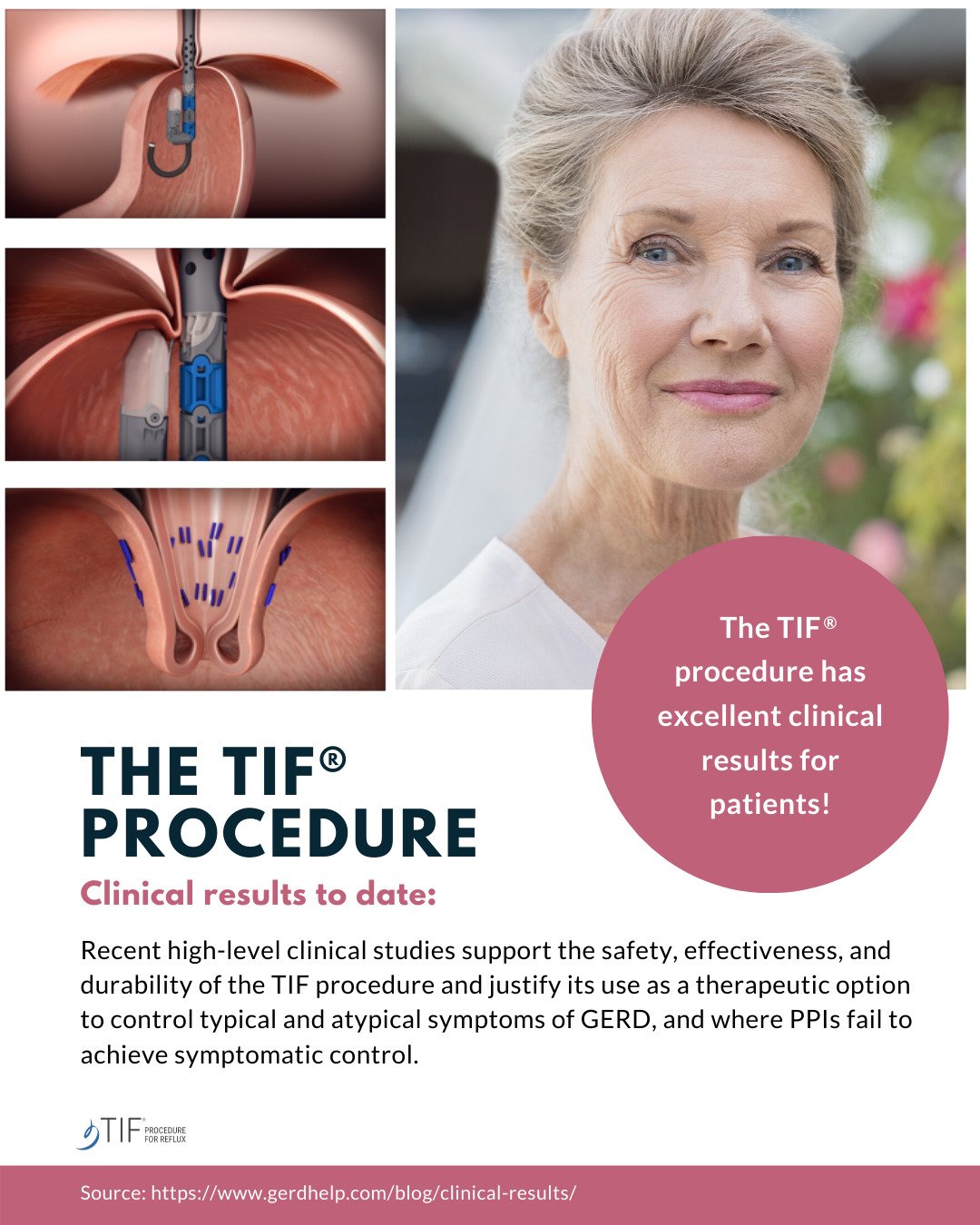
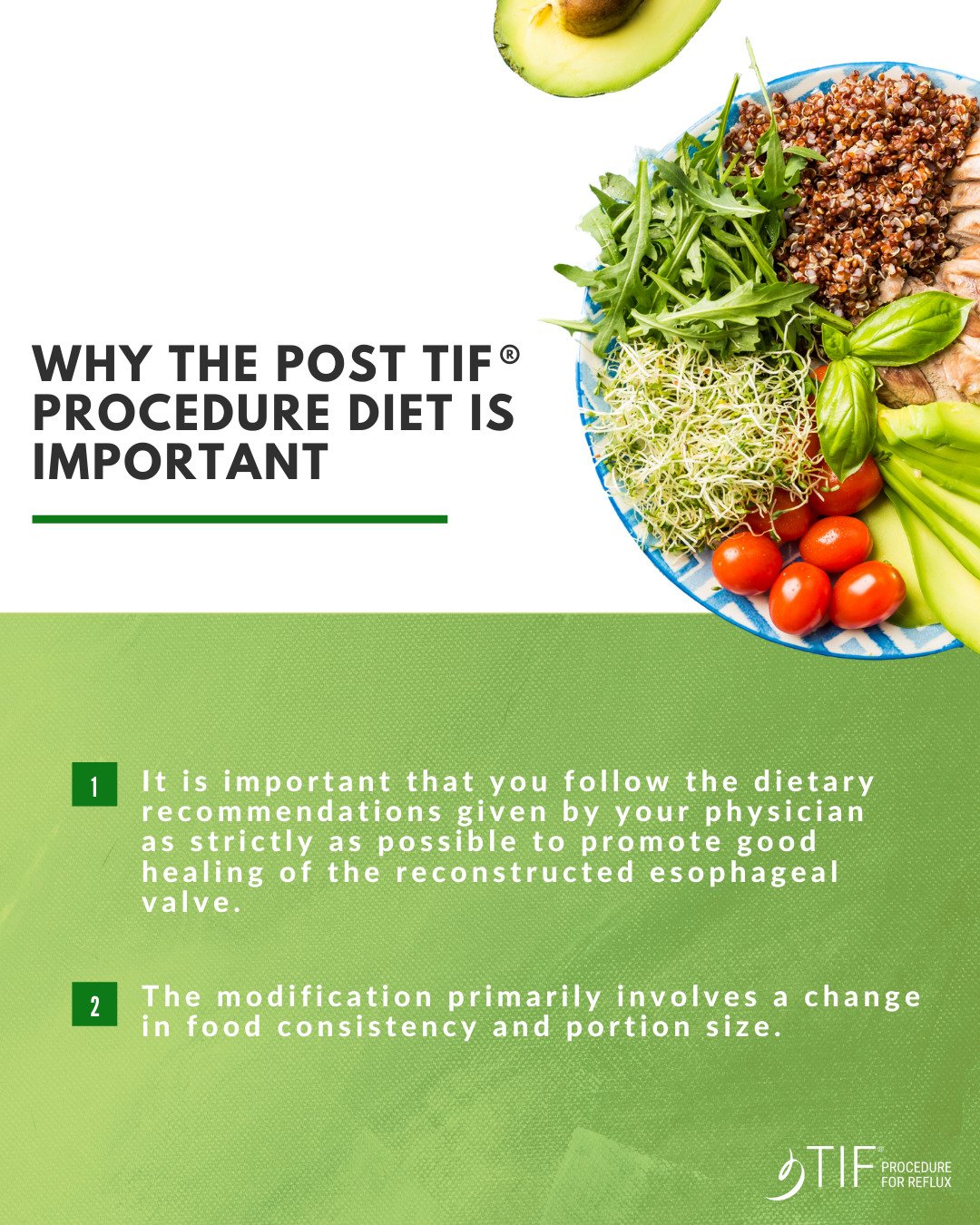
Find a GERD doctor near you!
Choose your location.


